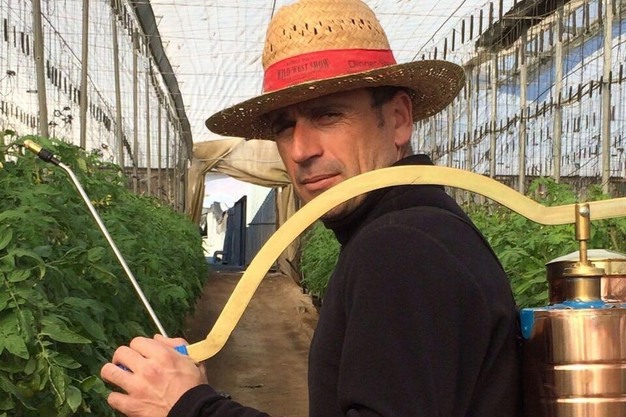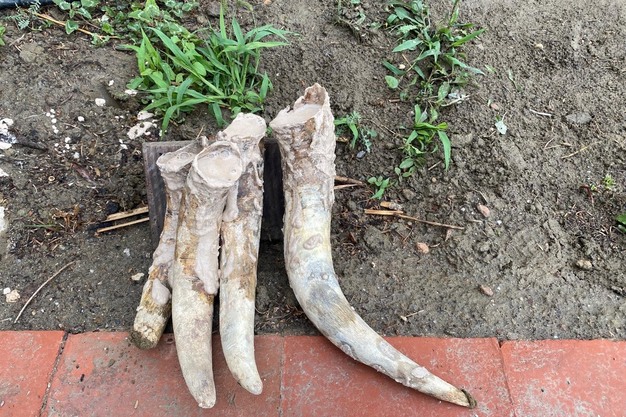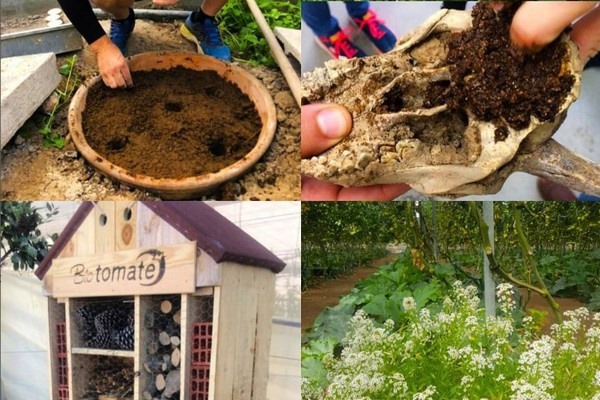There's an increasingly stronger parallelism between conventional and organic farming. On the one hand, consumer prices are getting closer and closer, and on the other hand, they are increasingly similar in the use of permitted treatments. Biodynamic cultivation under the Demeter certification has joined the equation.
"I think that conventional and organic farming are becoming the same thing. The general trend will be to promote organic farming, because there's no other way for agribusiness to move forward. I also believe that biodynamic farming will be the new organic. It isn't well-known yet, but there are already consumers for it," says José Miguel Castillo, manager of Biotomate.
 © Biotomate
© Biotomate
Biodynamic cultivation does not only refer to treatments, but also "to a whole philosophy of life and connection with the land. Converting the land to biodynamic production indeed takes time. In general terms, it is a return to the traditional way; a symbiosis between cultivation and animals, insects and humans, taking into account the phases of the moon and astronomy in general," says the manager.
The list of key markets includes "Germany, which has been the first to bet on biodynamic cultivation, and also France, Sweden, Denmark, and the Netherlands. Demeter products can be sold for between 0.15 and 0.30 cents more per kilo than the organic ones. Years ago, they could, in fact, be marketed at a much higher price. The problem came with the COVID crisis, which greatly reduced the economic capacity of consumers, but I believe that prices will become increasingly stable," says the manager.
Our production is 100% biodynamic. We specialize in vine, plum, round, black, cherry, ribbed, and pink tomatoes grown in Almeria, as well as other vegetables intended to ensure crop rotation. The annual cycle is completed with our production in Sierra Nevada, where we grow tomatoes and various other vegetables.
 © Biotomate
© Biotomate
Demeter certifies that the production is "aligned with nature and the planets, especially the moon," says the manager. Rudolf Steiner was the creator of this self-sufficient way of production, where soil, plants, and people are in balance.
"We have a holistic approach. We don't just do away with chemicals, but understand the farm as a closed system that makes use of its own resources. We have animals that feed on the plant remains and whose manure enriches our land. Furthermore, in biodynamic production, the sowing, pruning, and harvesting are planned following an astronomical calendar," says Castillo.
 © Biotomate
© Biotomate
Another very important element "is the biodynamic preparations. These mixtures are applied to the soil and the plants, for example, silica or cow horn manure. We make combinations of medicinal plants according to specific recipes, and this way we improve the fertility and health of the soil."
Biodynamic cultivation requires more effort and dedication and, consequently, entails higher costs than organic cultivation, as more resources and greater precision are required at every stage of the process. "A Demeter product goes beyond a certification; not everyone understands or knows about it, but our customers do value the philosophy and commitment that this way of farming represents."
For more information:
José Miguel Castillo
Biotomate
Tel.: +34 711 72 04 85
[email protected]
www.biotomate.es
